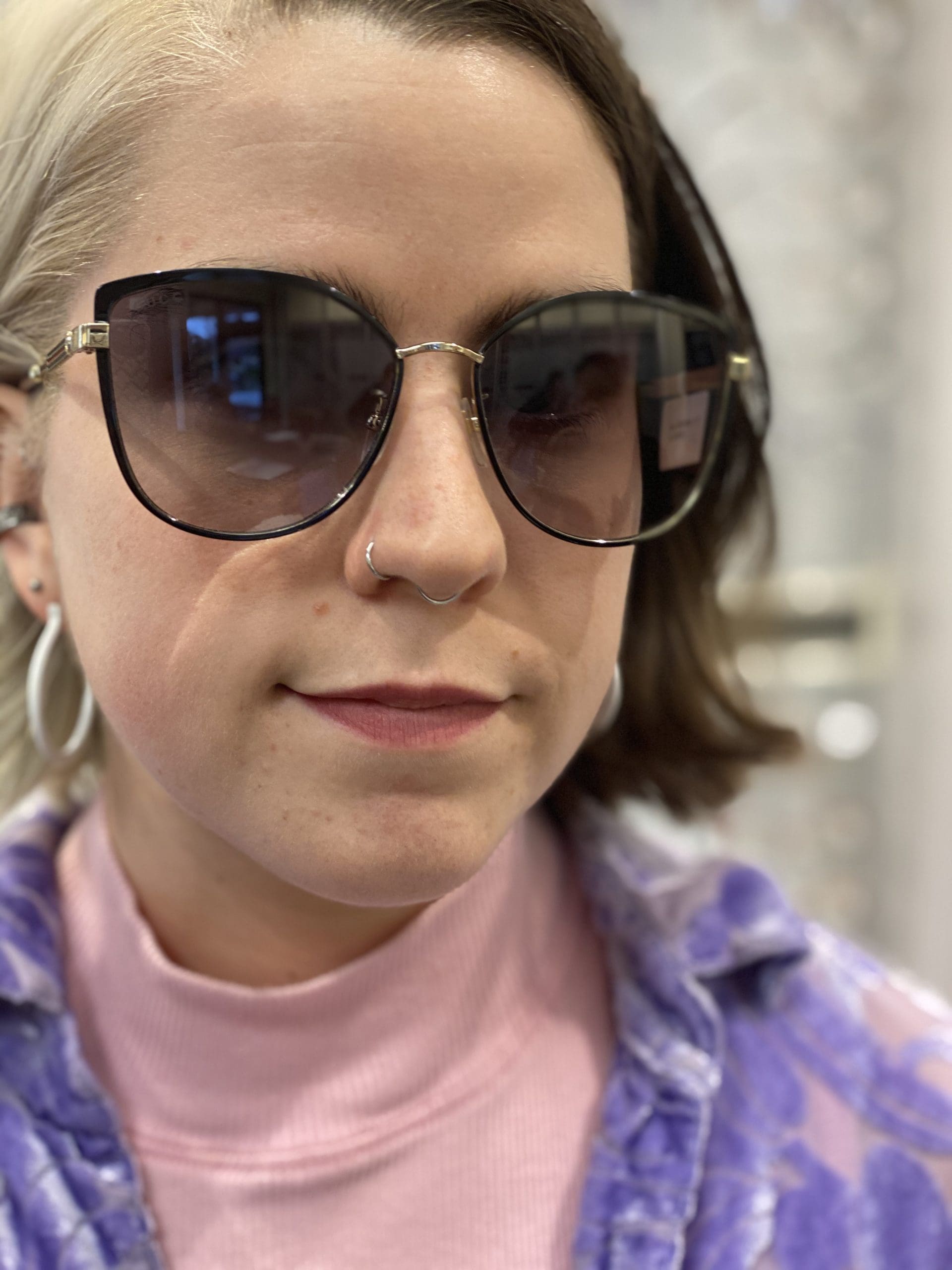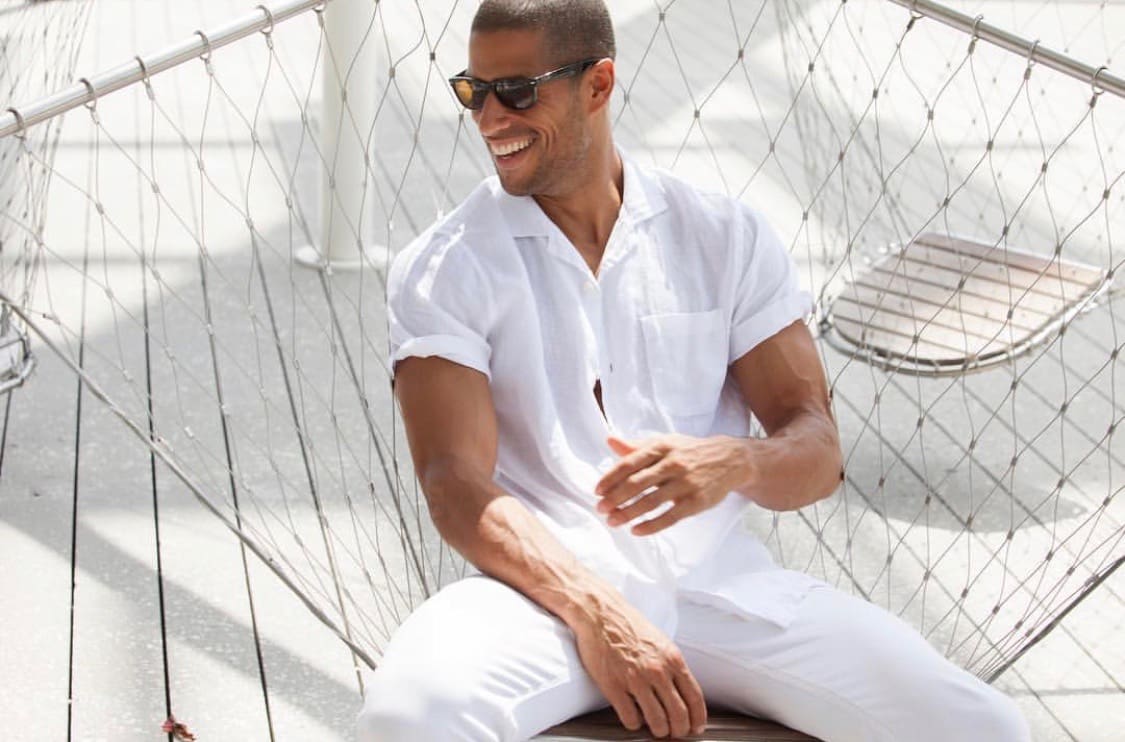Our team of opticians understand that every customer needs a visual solution based on their individual vision needs, and that’s true for sun lenses too.
Tinted sun lenses are making a comeback with celebrities wearing all shades of colored tints. Tinted lenses made of standard or high index plastic can provide adequate protection from UV radiation if they are treated with a quality dip coating. Polycarbonate lenses offer built-in UV protection.
Tinted lenses offer some advantages and many tint options. Tints control light and the specific wavelengths so a specialized color can be helpful in a variety of applications from certain vision disorders to specific client needs.
Polarized lenses have one big advantage over tinted lenses: glare control. Polarized lenses offer superior glare reduction and are especially effective at reducing glare that can occur on the water, snow, pavement, or other reflective surfaces. That’s why they are usually preferred by fishermen, water sports enthusiasts, and drivers.
Another advantage of polarized lenses is that unlike tint, polarized lenses are laminated, so the color is less likely to fade, whereas tinted lenses are susceptible to color fade over time.
Polarized lenses do have some drawbacks – in vehicles and LED screens, aviation gauges and screens as well as windshields in the cockpit will be blacked out or distorted with the use of polarized lenses. Golfers can see the roll of the greens better with tinted lenses than through a polarized lens, and the many specific golf lenses will use tint to enhance the colors so the ball stands out against the green and the backdrop of the sky. Skiers may also be hindered by polarized lenses that eliminate glare that a skier uses to see dangerous ice patches.
For some people, one type of sunglass may not be enough. One may need tinted glasses so that they can see the monitor on their car and they may also need polarized while being at their lake home.
There’s also mirror options that come in many colors and can be applied to either tinted lenses or polarized lenses.
All sun lenses, in our opinion, need backside Anti reflective (AR) coating. A hydrophobic front layer will help with water sports to keep lenses clean and protected from the elements.
Our team carefully assesses each patient’s outdoor vision requirements and fashion preferences, before determining whether tinted or polarized sun lenses, or both, are best suited to the patient’s needs.





